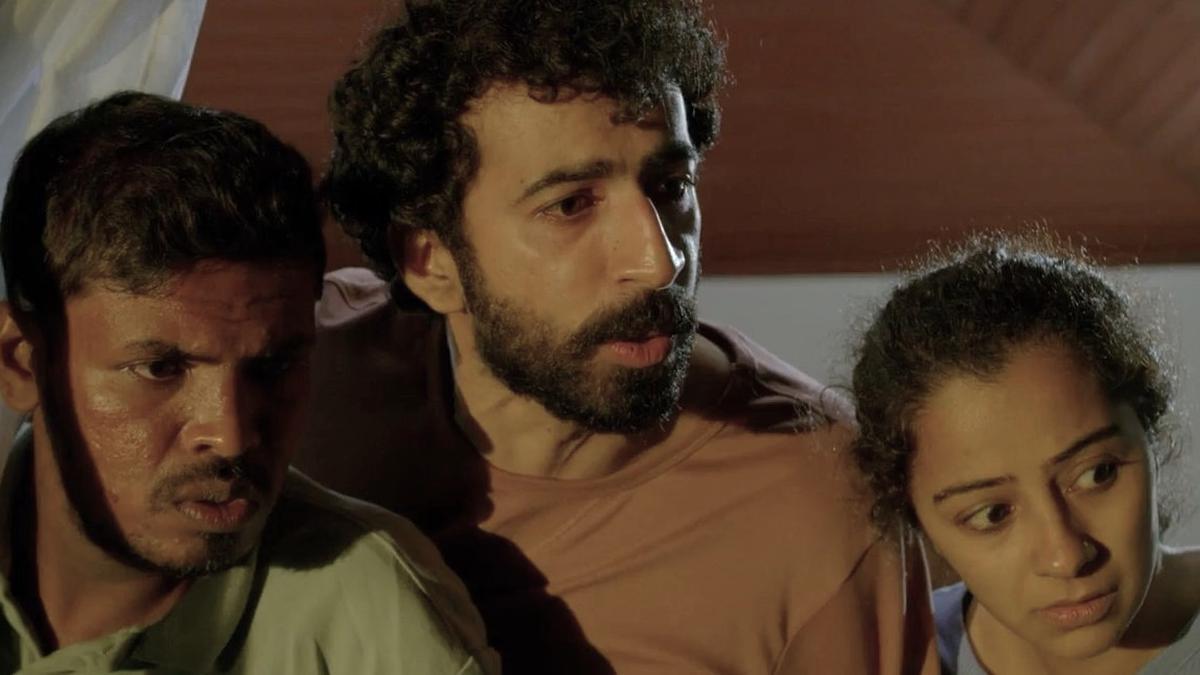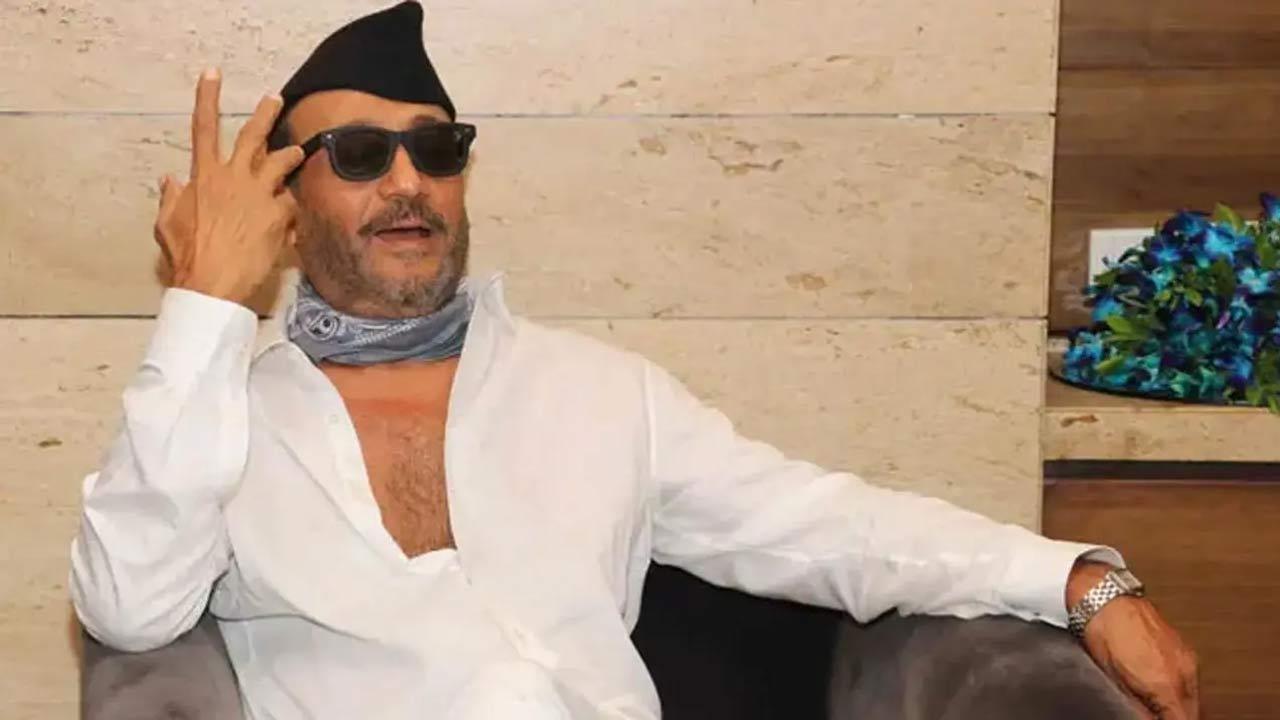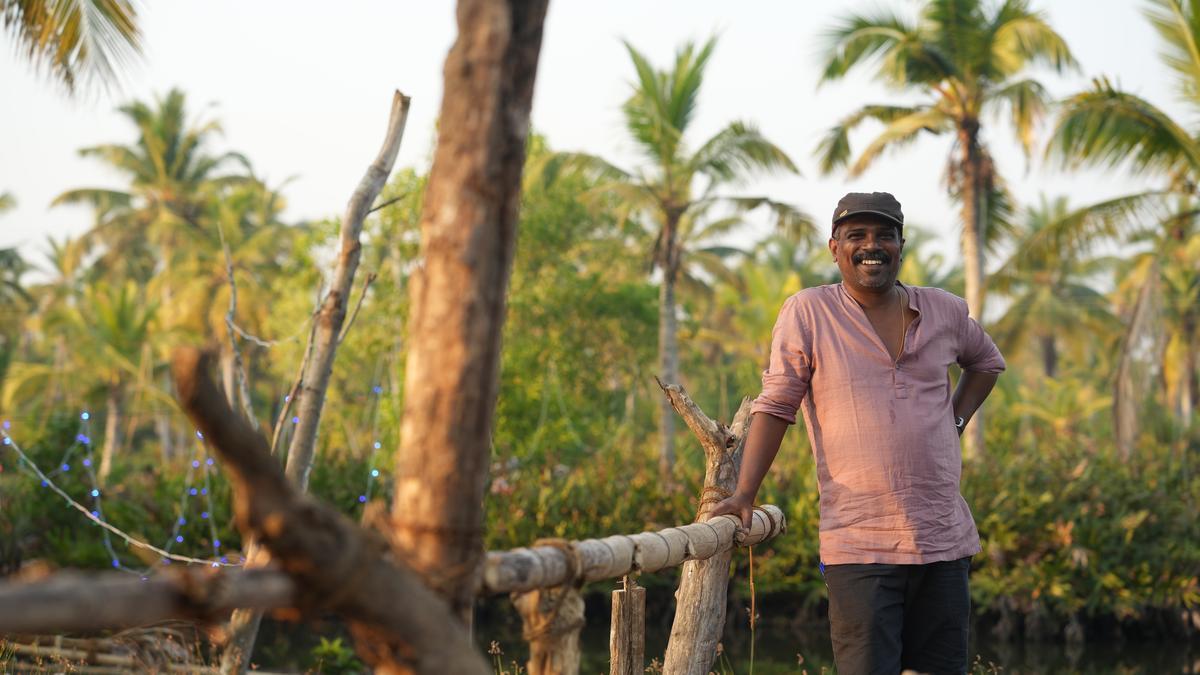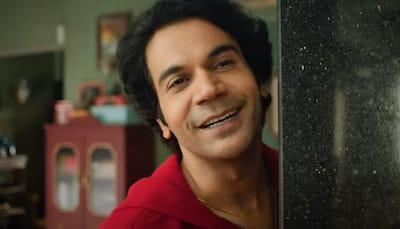
Police officers often trot out myriad excuses for going slow with an investigation. However, in Prasanna Vithanage’s “Paradise,” which was screened in the World Cinema category at the 28th International Film Festival of Kerala (IFFK) and is now showing in theatres, the sergeant charged with leading an investigation into a robbery offers perhaps one of the most basic yet outlandish reasons for not leaving the station. The police vehicles are short of fuel. Within the film’s context, this excuse appears quite justifiable, as the events are set in Sri Lanka in 2022, a time when the country was engulfed in political and economic turmoil.
In such a dire situation, attention naturally shifts from minor thefts to larger crises. Thus, how much focus can the police afford to give to a stolen laptop? As later events unfold, it becomes evident that those with sufficient privilege can mobilize the entire police force to search for even a missing pen. Keshav, portrayed by Roshan Mathew, is an Indian filmmaker who arrives in Sri Lanka with his partner Amritha, played by Darshana Rajendran, to commemorate their fifth wedding anniversary. He represents the epitome of such privilege. Keshav is well aware of his advantage, evident in his remarks about doing the Sri Lankans a favor by touring their country amid economic collapse.
Keshav’s comments early in the film hint at his worldview and attitude towards others, which sharply contrasts with Amritha’s empathetic and nature-loving character. A particularly striking scene showcases their differing attitudes when three innocent Tamil men are tortured inside a police cell following Keshav and Amritha’s robbery complaint. As the cries of the tortured men fill the air, Amritha is visibly pained and implores Keshav to intervene. However, he remains indifferent, his only concern being the lost laptop containing essential material for his dream project with a streaming service. These moments leave the audience questioning how Amritha failed to see through Keshav’s superficial charm over the years.
Vithanage, a veteran in Sri Lankan cinema, masterfully uses the economic crisis as the backdrop for a multi-layered narrative. The film touches on longstanding racial tensions in the country and the power dynamics within communities and relationships. When the drama begins with the couple visiting mythical locations related to the Ramayana, there is no indication of the storm brewing ahead. Even as the film takes darker turns, viewers are unprepared for the effective and shocking conclusion that Vithanage delivers.
The dialogue in “Paradise” seamlessly shifts between Sinhala, Malayalam, Hindi, Tamil, and English.
. This multilingual approach adds authenticity and depth to the film’s narrative. Shyam Fernando, portraying the couple’s tour guide, and Mahendra Perera, the investigating officer, deliver robust performances that complement the lead pair and elevate the film at several junctures.
Keshav’s character is a social probe, diving into the discomforting truths of privilege and apathy. His supposed superiority complex and condescending remarks make him an unsympathetic character, yet one who is all too believable. His casual dismissal of Sri Lanka’s troubles and his criticism masked as concern bites at the core of societal issues, not just in Sri Lanka but universally.
Amritha’s character, on the other hand, serves as the conscience of the narrative. Her inner conflict and helplessness provide viewers with an emotional anchor amidst the unfolding chaos. Her bond with nature and empathy for fellow humans juxtapose sharply with Keshav’s detachment, creating a compelling dynamic that drives the film forward. She implores Keshav to act, yet is caught in his web of indifference, reflecting the larger societal paralysis in times of crisis.
As Vithanage delves into the socio-political landscape of Sri Lanka, the country’s racial tensions become a silent yet potent character in the film. The police station, a microcosm of the larger societal structure, reflects the deeply ingrained prejudices and systemic failures. Vithanage doesn’t shy away from portraying the grim reality, making “Paradise” a poignant reflection of contemporary issues.
“Paradise” ultimately evolves into a cinematic experience that is as riveting as it is unsettling. Vithanage’s genius lies in his ability to weave seemingly disparate threads—the economic collapse, racial tensions, and personal relationships—into a cohesive narrative that leaves a lasting impression. The film concludes with an unexpected punch, staying true to the thematic core while surprising the audience with its brutal honesty.
In “Paradise,” Prasanna Vithanage is in sparkling form, delivering a film layered with social commentary and set against the backdrop of Sri Lanka’s struggles. It is a story that resonates beyond geographical boundaries, appealing to the universal human experience. The film demands introspection, making it an unforgettable punch in the gut for viewers.










